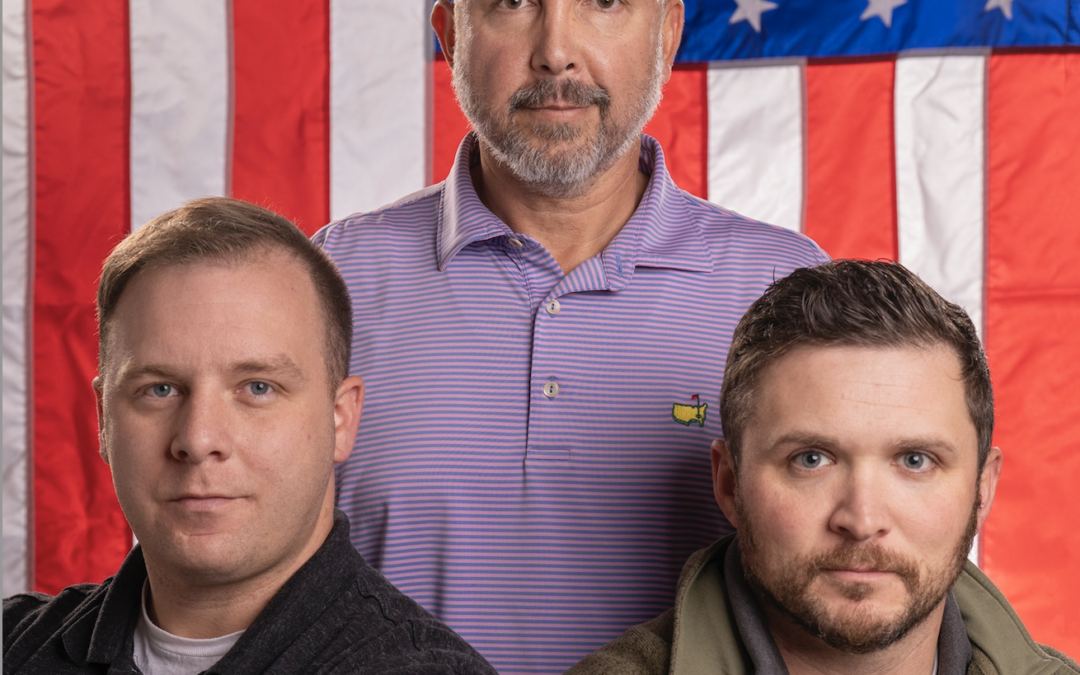Generally speaking, a good reporter tries to avoid forming a bias or, Heaven forbid, becoming, themselves, a part of the story.
That is easier said than done when the story is about your industry. Long-time Augusta entertainment writer Steven Uhles, who had been the editor-in-chief of Augusta Today, a start-up digital newspaper created by a local broadcast media company, found himself in such a predicament when he said on social media that he had been unceremoniously tossed aside in favor of Artificial Intelligence.
MORE: Augusta hit with $170,000 fine, ordered to address wastewater failures
Uhles, in what he characterized as a bit of a knee-jerk reaction, went to social media where he posted the following:
“Recently, I was told my position at Beasley Broadcasting and Augusta Today was being eliminated. The reason, as explained, was not performance. They were satisfied that I had done what was promised. No, the reason was a bit more insidious and, for someone who has lived (and occasionally died) by the word, disturbing.”
Uhles continued:
“A corporate decision had been made that all postings, across the board, would be generated by AI. Our goal of local writers telling local stories was being replaced by a bot that would skim stories by other outlets, rewrite them, and post.”

When reached by telephone, Uhles declined to comment, stating that he did not want “to be the face of this.”
Chris O’Kelly, operations manager for Beasley Media Group and Uhles’ former boss, did not return a message asking for comment.
MORE: StandardAero and AGS celebrate grand opening of repair hangar expansion
Meanwhile, Augusta Press Executive Editor Debbie van Tuyll, clarified this newspaper’s policy when it comes to AI and says that even though the paper is inundated with offers for content, TAP does not publish anything known to have been generated by AI.
“We don’t do it. Maybe to help us research background on a complex or technical story, but not to generate the stories themselves,” van Tuyll said.
Josh Boswell, U.S. senior news reporter for The Daily Mail, wrote in a recent article that Google has largely moved its search engines over to be operated totally by AI, and the results sometimes turn out to be hilarious.
Boswell reports that AI generated a story claiming that Elon Musk was in attendance at the funeral of fellow billionaire Jeff Bezos’ mother and that rapper Eminem performed at the ceremony. This obviously false story was picked up by some news outlets before the funeral even happened.
Sometimes, though, the misinformation spread by AI can have dangerous effects, such as the AI claims that eating rocks can be beneficial to one’s health, since “rocks contain minerals and vitamins that are important to digestive health.”
Eating rocks is not recommended by the American Medical Association or any physician of note.
According to The Associated Press, only about 40,000 stories per year are AI generated, but others would disagree.
Newscatcher, a data acquisition site, recently partnered with Pangran Labs to attempt to identify just how many AI generated stories are presented in just one day, or one 24-hour news cycle across the world. The study found that around 60,000 articles or nearly 7% of the news presented internationally each day is the product of AI.
The study concluded that many, if not most, AI generated articles were designed, in some way, to sell products under the guise of being “news.”
Scott Hudson is the Senior Investigative Reporter, editorialist and weekly columnist for The Augusta Press. Reach him at scott@theaugustapress.com











